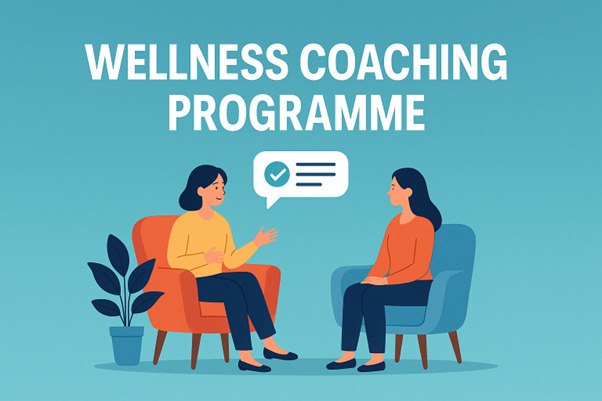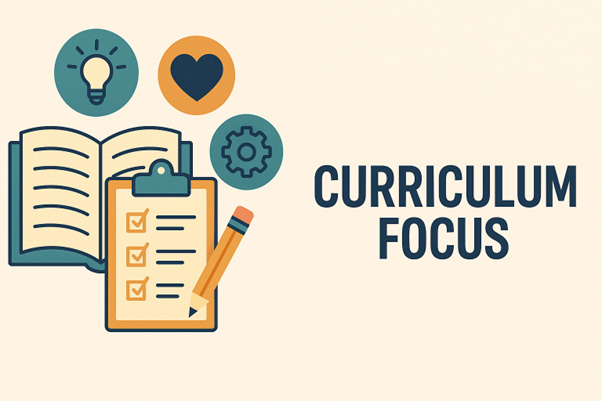Choosing the Right Wellness Coaching Programme for You

How to Choose the Right Wellness Coaching Programme for Your Success
If you’re considering a career in wellness coaching, your choice of training programme is crucial. The right course will not only equip you with knowledge, but also shape your effectiveness and credibility as a coach. With so many options available, especially if you’re aiming to become a sought-after wellness coach in Singapore or globally, it’s essential to choose wisely.
Accreditation and Programme Standards
Why Accreditation Matters
Selecting an accredited wellness coaching programme ensures you are trained to globally recognised standards. Accreditation, such as earning an ICF credential, signifies that the programme covers essential competencies, ethics, and practical coaching skills. This level of validation provides reassurance to both you and your future clients that your training is reputable.
Quality Assurance and Professionalism
Accredited programmes are subject to rigorous oversight, which means course content and teaching methods are consistently reviewed. This minimises the risk of substandard or outdated instruction. By choosing a recognised course, you are taking the first step in establishing yourself as a credible wellness coach in Singapore or beyond.
Curriculum Focus

Comprehensive and Relevant Content
A strong wellness coaching curriculum goes beyond basic theory. It should encompass a wide range of topics, including behavioural change theories, motivational interviewing, and client-centred goal setting. Ensure the programme allocates sufficient instructional hours—typically, a minimum of 75 hours is recommended for in-depth development.
Practical Skills for Real-World Impact
The curriculum should integrate practical components such as supervised coaching sessions, live demonstrations, and opportunities for feedback. These experiences allow you to apply your learning and build confidence before working independently with clients. Such hands-on training is vital for becoming an effective wellness coach.
Faculty and Mentorship
Qualified and Experienced Instructors
An outstanding coaching programme is defined by the quality of its faculty. Look for instructors with advanced qualifications, such as degrees in health, psychology, or coaching, combined with extensive real-world coaching experience. Their expertise will guide your learning and provide insight into best practices.
The Importance of Mentorship
Mentorship is an invaluable aspect of coach training. Programmes that offer one-to-one or group mentoring create a safe space to discuss challenges, refine your skills, and receive constructive feedback. This support is particularly beneficial if you aspire to excel as a wellness coach in Singapore’s competitive market.
Programme Structure and Flexibility
Delivery Formats
Wellness coaching programmes are offered in various formats, from fully online to in-person or hybrid options. Consider what suits your lifestyle and commitments best. Online courses offer flexibility for working professionals, while in-person training can foster a deeper sense of community and hands-on learning.
Scheduling and Cohort Experience
It’s important to examine the course schedule and duration. Some programmes run intensively over several weeks, while others are spread out to accommodate those with busy lives. Peer engagement is also significant, as learning alongside others allows you to practise coaching skills in a supportive environment.
Value and Outcomes
Assessing Cost Versus Value
The cost of a wellness coaching programme can vary considerably. Rather than simply comparing fees, assess what you receive for your investment. Does the course provide robust career support, networking opportunities, or access to alumni communities? These added benefits can make a real difference as you begin your career.
Career Opportunities and Recognition
Choose a programme that leads to a respected credential, enhancing your credibility as a wellness coach in Singapore or internationally. High-quality programmes also prepare you for certification exams, which can open doors to more job opportunities and professional growth.
Decision Checklist
Key Questions to Consider
When comparing wellness coaching programmes, ask yourself the following:
- Is the programme accredited by a recognised body?
- Does it offer at least 75 instructional hours?
- Are the instructors qualified with real coaching experience?
- Does the curriculum include both theory and practical application?
- Is there mentoring or peer support?
- Does the format suit your schedule and learning preferences?
- Are career support and networking opportunities provided?
- Are the costs transparent and aligned with the value offered?
By systematically answering these questions, you’ll be able to identify the programme that best matches your goals and circumstances.
Conclusion
Choosing the right wellness coaching programme is an investment in your future. By focusing on accreditation, comprehensive curriculum, qualified faculty, practical experience, and career outcomes, you lay a solid foundation for your journey.
If your goal is to become a credible coach in Singapore, selecting a coaching certification programme that aligns with both professional standards and your personal aspirations is key. Take the time to research, ask critical questions, and select the path that will empower you to make a real difference in the lives of others.











